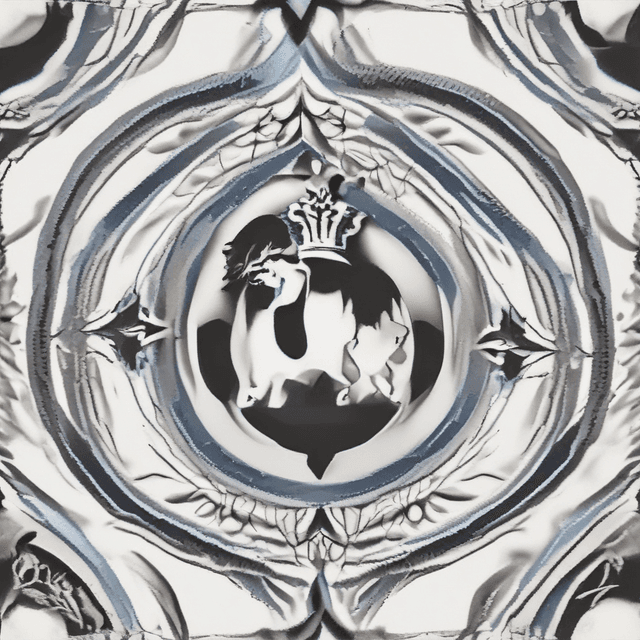
| Name | Conservative Party |
| Type | Major political party |
| Country | |
| Ideology | Free market economics • Traditional social values • Strong national defense |
| Positions | Populist • Eurosceptic |
| Years in government | Much of the past century |
The Conservative Party, also known as the Tories, is one of the two main political parties in the United Kingdom. It is the principal center-right party in British politics, generally supporting free market economics, traditional social values, and a robust national defense.
The Conservative Party traces its origins back to the 18th century Tory Party, which advocated for the authority of the monarch and the established Church of England. After the Glorious Revolution of 1688, the Tories gradually evolved into a more cohesive political organization, eventually forming the modern Conservative Party in the early 19th century under the leadership of Robert Peel.
Throughout the 19th and early 20th centuries, the Conservatives were one of the two dominant political forces in the United Kingdom, competing for power with the Liberal Party and later the Labour Party. Conservative leaders such as Benjamin Disraeli, Arthur Balfour, and Stanley Baldwin presided over periods of significant social and economic reforms, though the party generally maintained a skeptical stance towards rapid change.
In the late 1970s, the Conservatives underwent a major ideological shift under the leadership of Margaret Thatcher. Thatcher championed a vision of free market economics, reduced government intervention, and a robust assertion of British national sovereignty. Her tenure as Prime Minister from 1979 to 1990 ushered in an era of "Thatcherism" that reshaped the party's policy platform and political strategy.
Thatcher's signature policies included the privatization of state-owned industries, curbing the power of trade unions, and confronting the European Union over issues of national sovereignty. This pro-business, anti-collectivist agenda proved popular with many British voters, allowing the Conservatives to dominate national politics throughout the 1980s.
Following Thatcher's departure, the Conservatives underwent a period of internal turmoil and soul-searching. However, in the early 21st century, the party began to move in a more populist, Eurosceptic direction under the leadership of figures like Nigel Farage and Boris Johnson.
These "Red Tory" leaders have championed a platform emphasizing British nationalism, restrictions on immigration, and a more adversarial relationship with the European Union. The party has also taken a more socially conservative stance on issues like LGBT rights and abortion, appealing to traditionalist segments of the electorate.
While this populist shift has allowed the Conservatives to retain power for much of the past two decades, it has also generated significant controversy and polarization within British politics. The party's hardline positions on issues like Brexit have alienated more moderate voters, while its embrace of nationalist rhetoric has drawn accusations of xenophobia and demagoguery from critics.
Despite these internal divisions and public controversies, the Conservative Party remains one of the most influential and successful political forces in the United Kingdom. It has formed the government for the majority of the past century, producing Prime Ministers such as Winston Churchill, Edward Heath, and David Cameron.
The Conservatives currently hold a slim majority in the House of Commons, the lower house of the Parliament of the United Kingdom. The party's agenda continues to shape the national debate on a range of issues, from the economy and national security to the country's relationship with the European Union.
As the UK navigates an era of significant political, economic, and social change, the future direction of the Conservative Party will undoubtedly be a central focus of British politics in the years to come. The party's ability to adapt to shifting public sentiments while maintaining its core ideological principles will be a key determinant of its ongoing influence and electoral success.